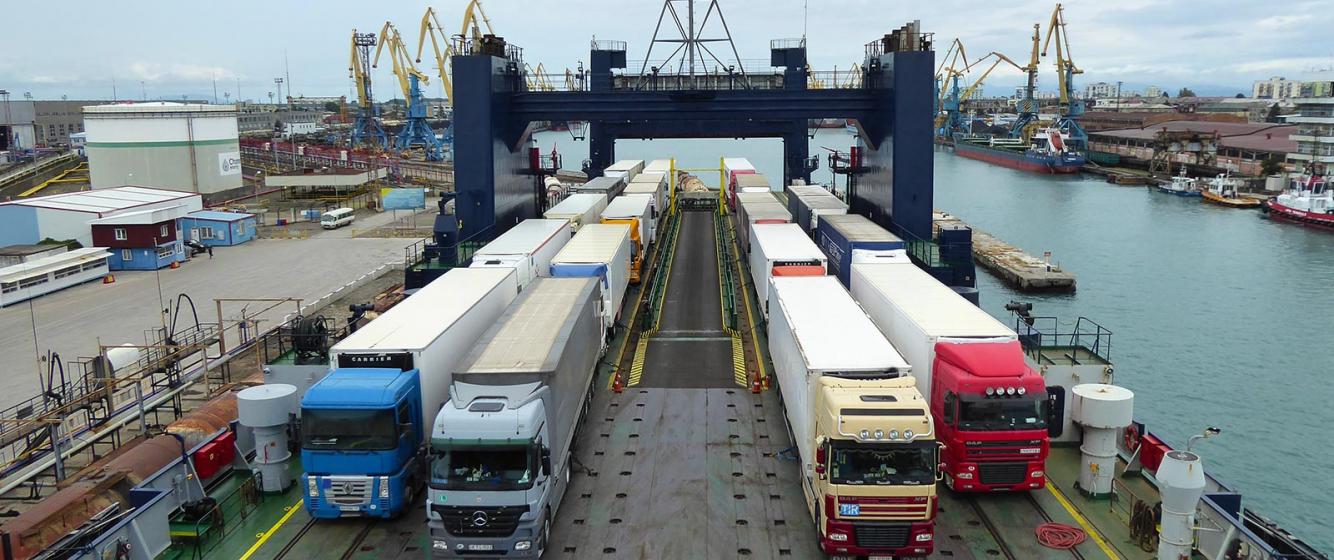
Stuck at sea
How to make things flow? This is a central question that logisticians deal with. Logistics is a process of shrinking time and space, and efficiency is of paramount importance. Borders complicate this: they are notorious bottlenecks where people, goods and vehicles often get stuck.
In our research project “ROADWORK. An Anthropology of Infrastructure at China’s Inner Asian Borders” based at the University of Fribourg in Switzerland, we theorise the social life of roads through a dialogue with the concepts of place and time (https://roadworkasia.com/).
For my doctoral dissertation I conducted ethnographic field research (amongst other) in Khorgos, an international border crossing on the Sino-Kazakh border. Khorgos is an important logistical overland hub of the Belt and Road Initiative (BRI). It connects the road between Xinjiang’s capital Ürümqi in China and Almaty, the former capital and financial centre of Kazakhstan. I am particularly interested in customs procedures and how they facilitate or curb trade flows along the BRI.
At the end of my field stay in Kazakhstan in 2017 I took the overland route to travel back to Germany where I was based at that time. I travelled through Georgia and across the Black Sea, an alternative route of the BRI’s middle corridor. The departure was delayed for several days due to a heavy storm over the Black Sea. Only three days later the ferry could start its journey. Severe weathers and conflict situations like the current war in Ukraine make logistical timing difficult and routes insecure. Everything is temporarily suspended. Such moments render border crossings visible as intricate social and economic places which develop their own dynamics of control and power. As such, logistical hubs and border crossings become what Tawil-Souri called “anthropological spaces” (2011).
Verena La Mela M.A.
Social Anthropology – University of Fribourg
https://roadworkasia.com/
Add new comment